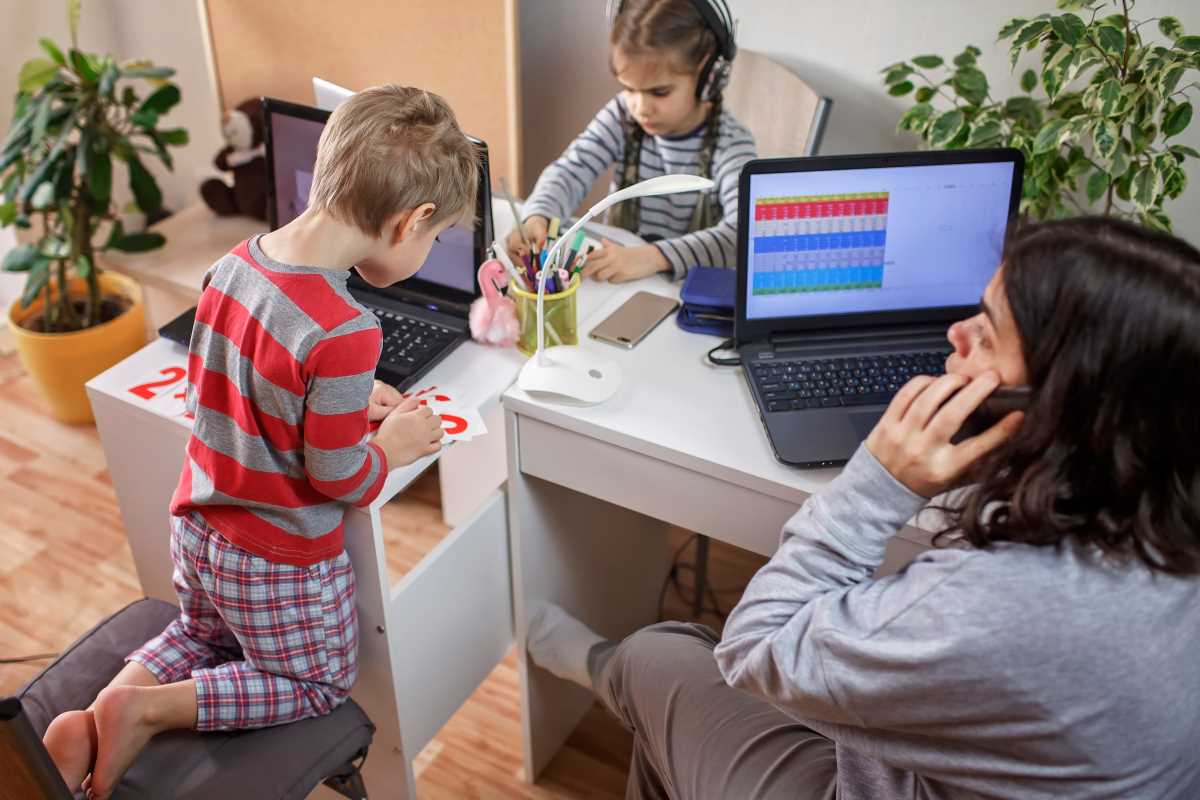In today's digital age, smartphones have become indispensable tools for communication, entertainment, and work. However, the constant connectivity can take a toll on our mental and physical well-being. Setting healthy boundaries around phone usage is crucial for maintaining balance and improving quality of life.
The Importance of Managing Screen Time
Excessive screen time is linked to a variety of issues, including eye strain, disrupted sleep patterns, and increased anxiety. By managing screen time effectively, you can enhance your focus, foster better relationships, and improve overall mental health.
Practical Tips for Reducing Phone Dependency
- Set specific times for phone use to establish routine breaks and avoid constant checking.
- Use apps to track and limit your screen time, gaining insights into your usage patterns.
- Create phone-free zones in your home, like the dining room or bedroom, to encourage meaningful interactions and better sleep.
- Engage in alternative activities such as reading, exercising, or pursuing hobbies to fill your time away from screens.
- Turn off non-essential notifications to minimize distractions and reduce the urge to check your phone.
- Practice mindfulness techniques, like meditation or deep breathing, to become more aware of your phone habits.
- Set goals for reduced screen time, gradually decreasing your daily usage to achieve a healthier balance.
- Highlight the benefits of disconnecting, such as improved focus, enhanced relationships, and better sleep, to motivate yourself to stick to these changes.
Benefits of Disconnecting
Unplugging from your phone can lead to numerous benefits. Improved focus and productivity are often the first noticeable changes. You can concentrate better on tasks and enjoy more fulfilling conversations with fewer distractions. Reducing screen time can also enhance sleep quality by minimizing exposure to blue light before bed.
Strategies for Resisting the Urge to Check Your Phone
- Engage in Alternative Activities: Fill your time with activities that don't involve screens, such as reading, exercising, or pursuing a hobby. These activities can provide relaxation without the need for constant connection.
- Practice Mindfulness: Mindfulness techniques, such as meditation and deep breathing, can help you become more aware of your phone usage habits and reduce the compulsion to check your device frequently.
Positive Impact of Balanced Phone Usage
You can create a more balanced lifestyle by setting healthy boundaries around phone usage. This benefits your physical and mental health and enriches your relationships and overall well-being. Taking control of your screen time allows you to be more present in the moment, leading to a more satisfying and fulfilling life.
Implementing these strategies may take time and commitment, but the rewards of reduced stress, improved focus, and enhanced life satisfaction are well worth the effort. Start today by assessing your current phone habits and gradually integrating these tips into your daily routine for a healthier, more balanced approach to technology.
Alternative Activities
Instead of doom-scrolling on your phone or playing video games for hours on end, here are a few alternative activities guaranteed to get you your dopamine hit!
- Go for a walk or jog to enjoy fresh air and get some exercise.
- Dive into a good book to escape into new worlds and enhance your imagination.
- Try a new recipe in the kitchen and enjoy the satisfaction of a homemade meal.
- Start a garden and enjoy the therapeutic benefits of nurturing plants.
- Play board games or card games with friends or family for some social fun.
- Explore creative pursuits like painting, drawing, or crafting to express your artistic side.
- Practice meditation or yoga to relax and improve your mental well-being.
- Spend time in nature, whether it's hiking, birdwatching, or simply enjoying a picnic outdoors.
- Join a local club or class to meet new people and learn a new skill.
- Listen to music or podcasts that interest you, stimulating your mind without a screen.
 (Image via
(Image via





